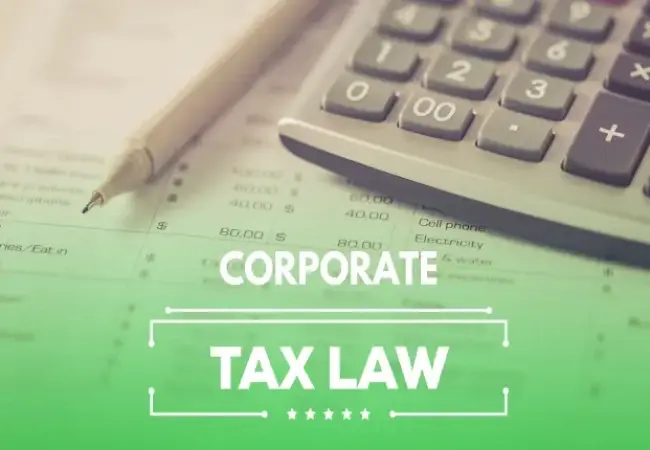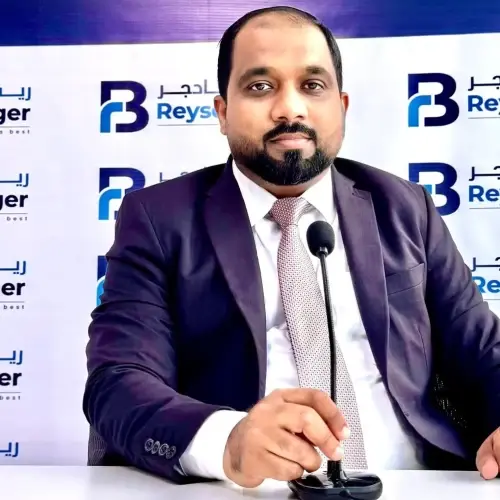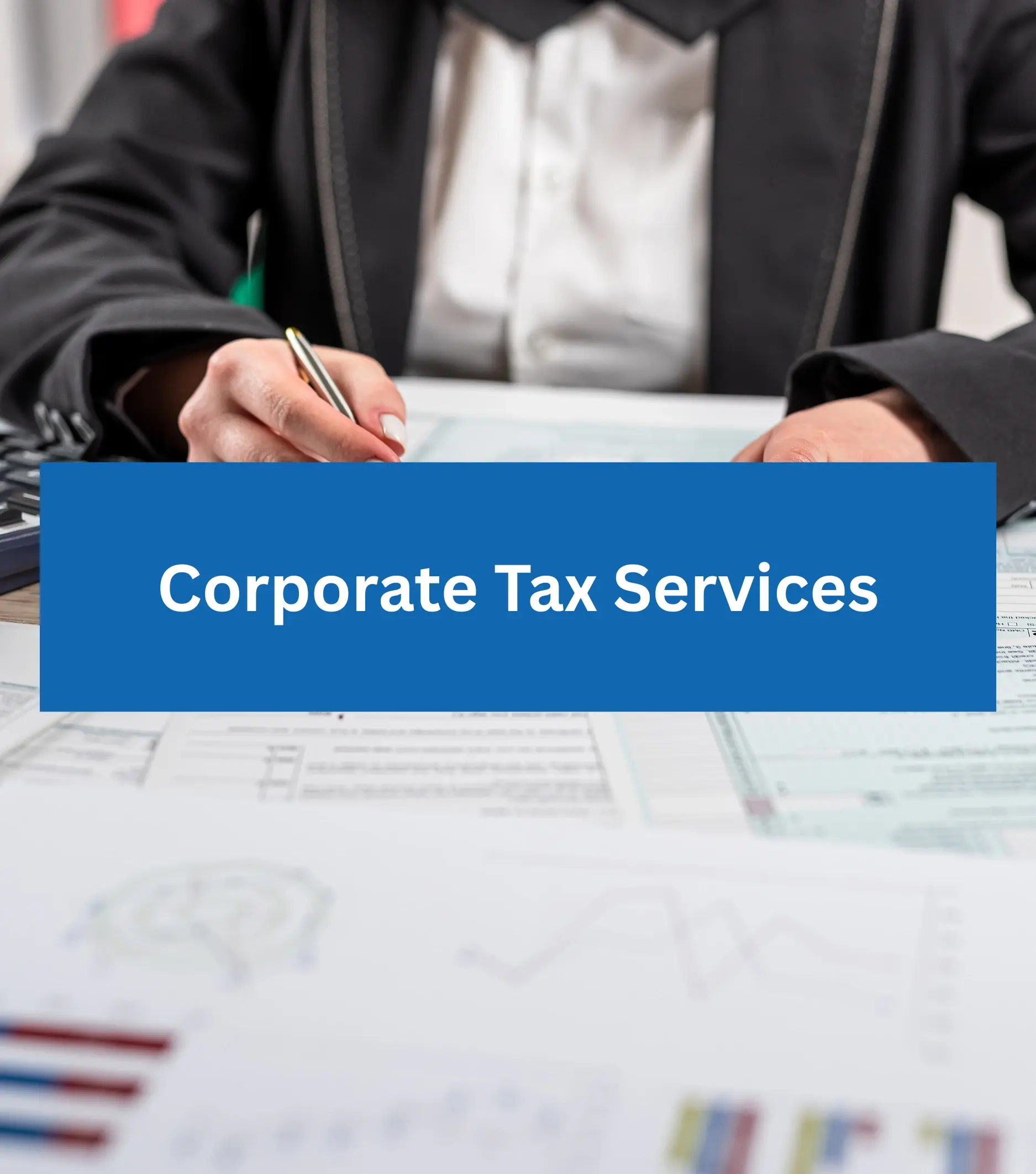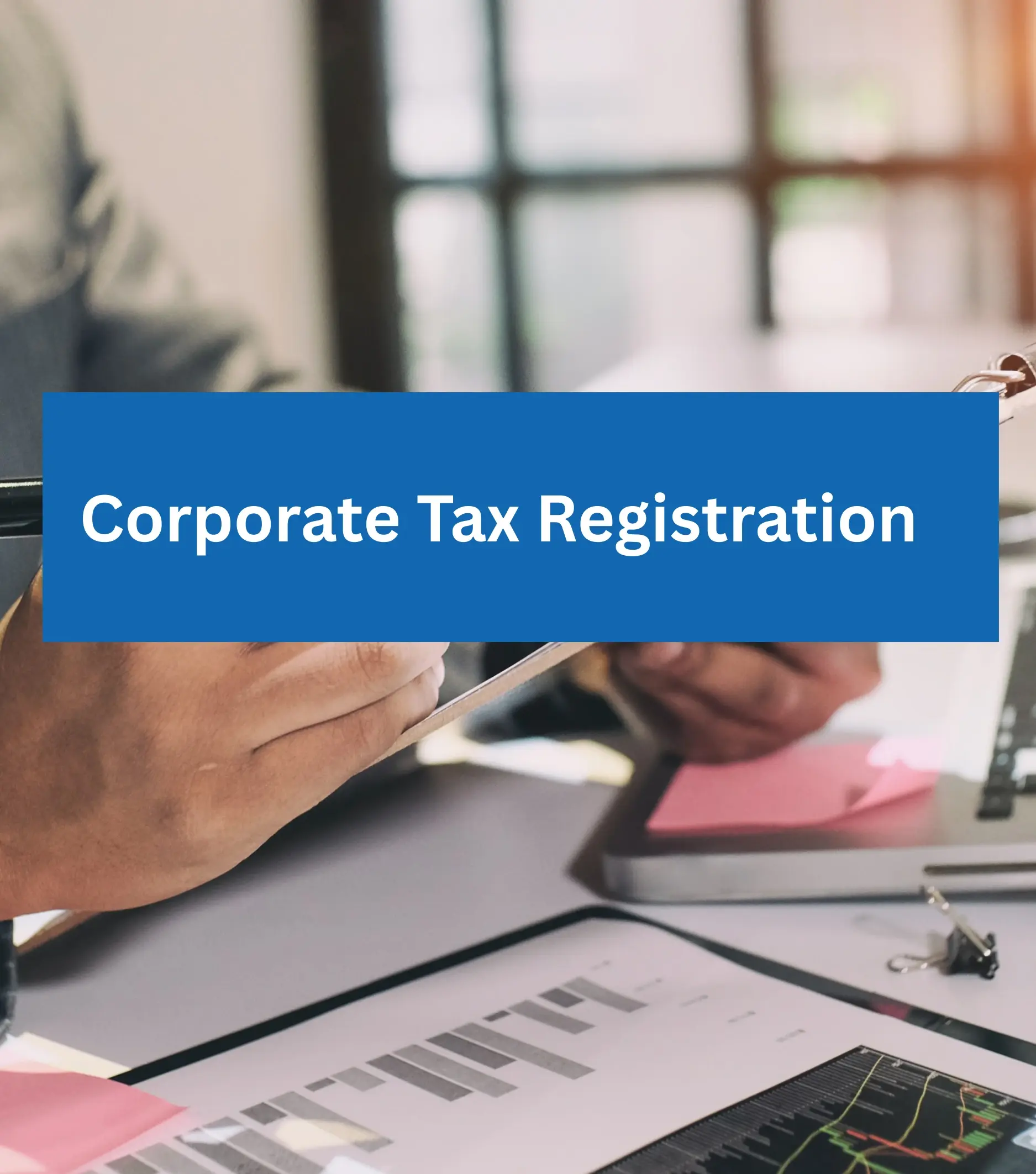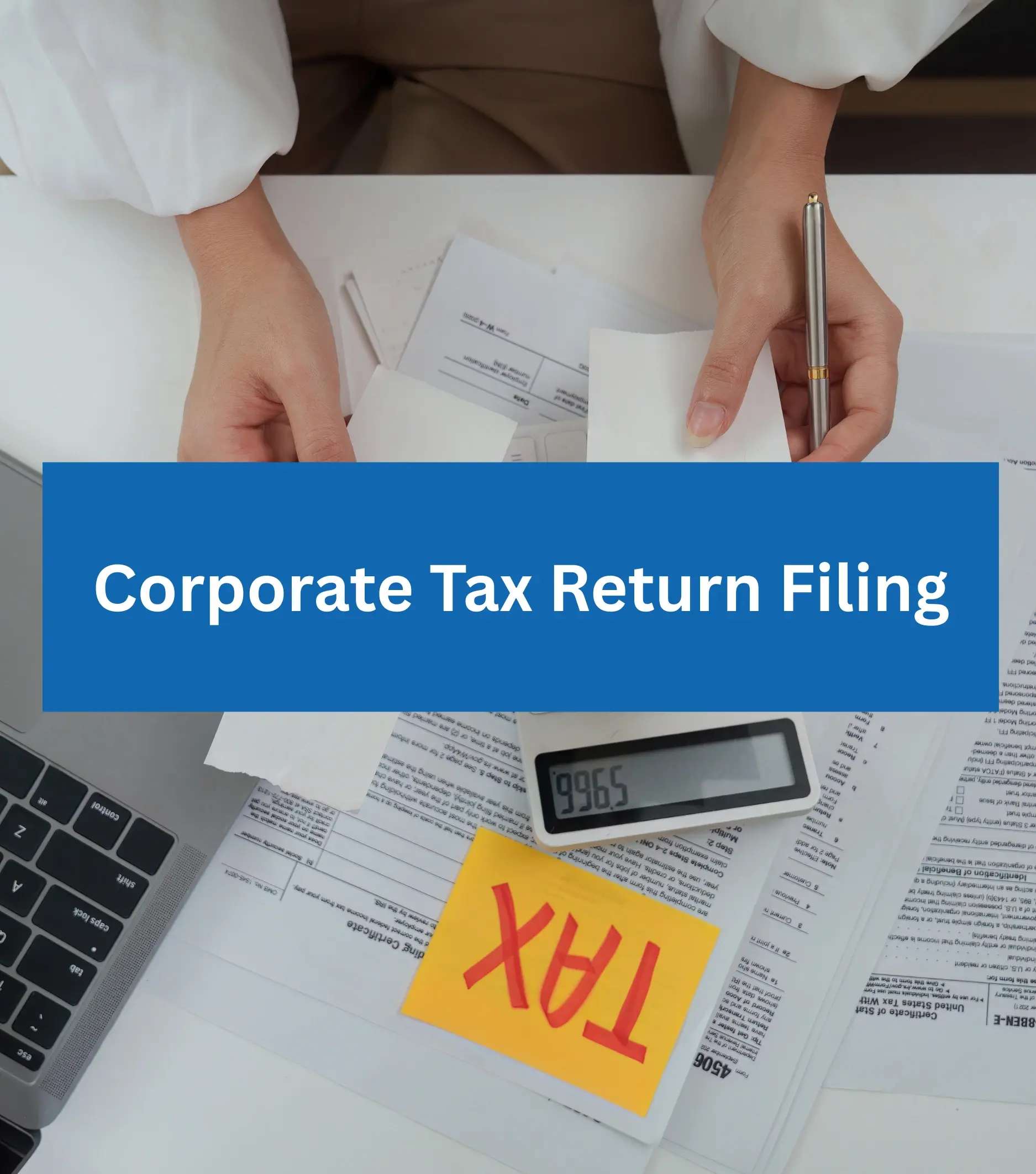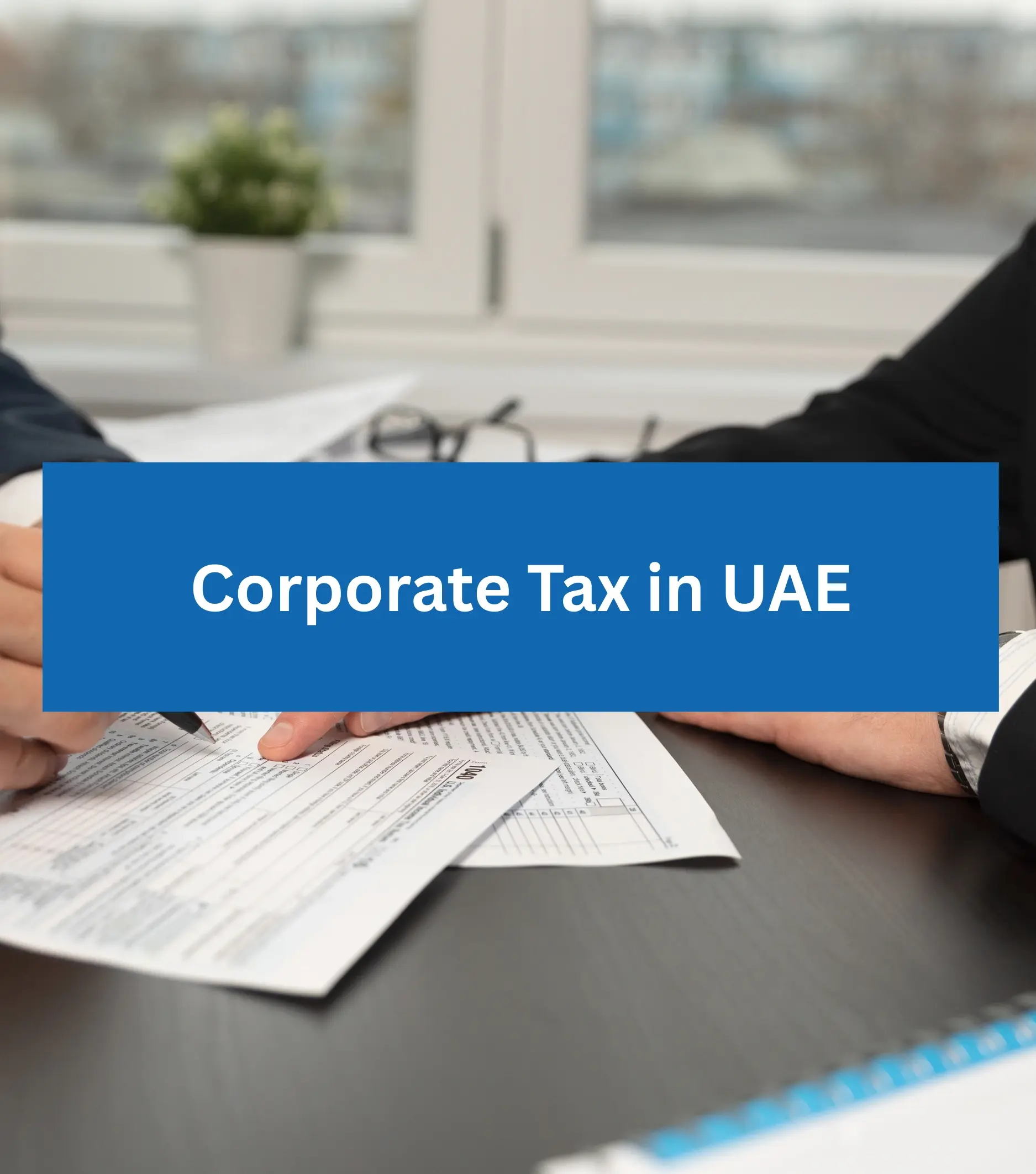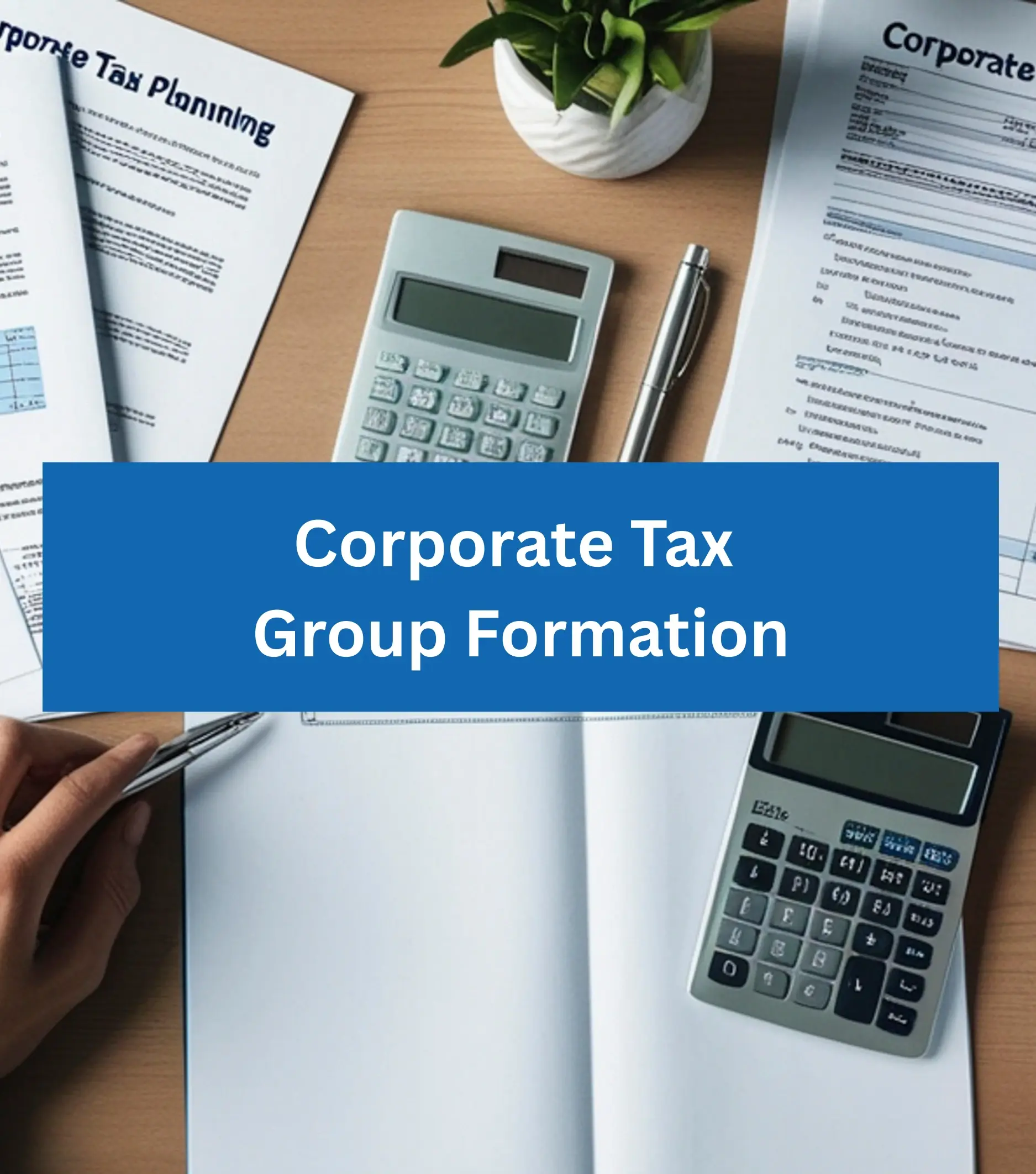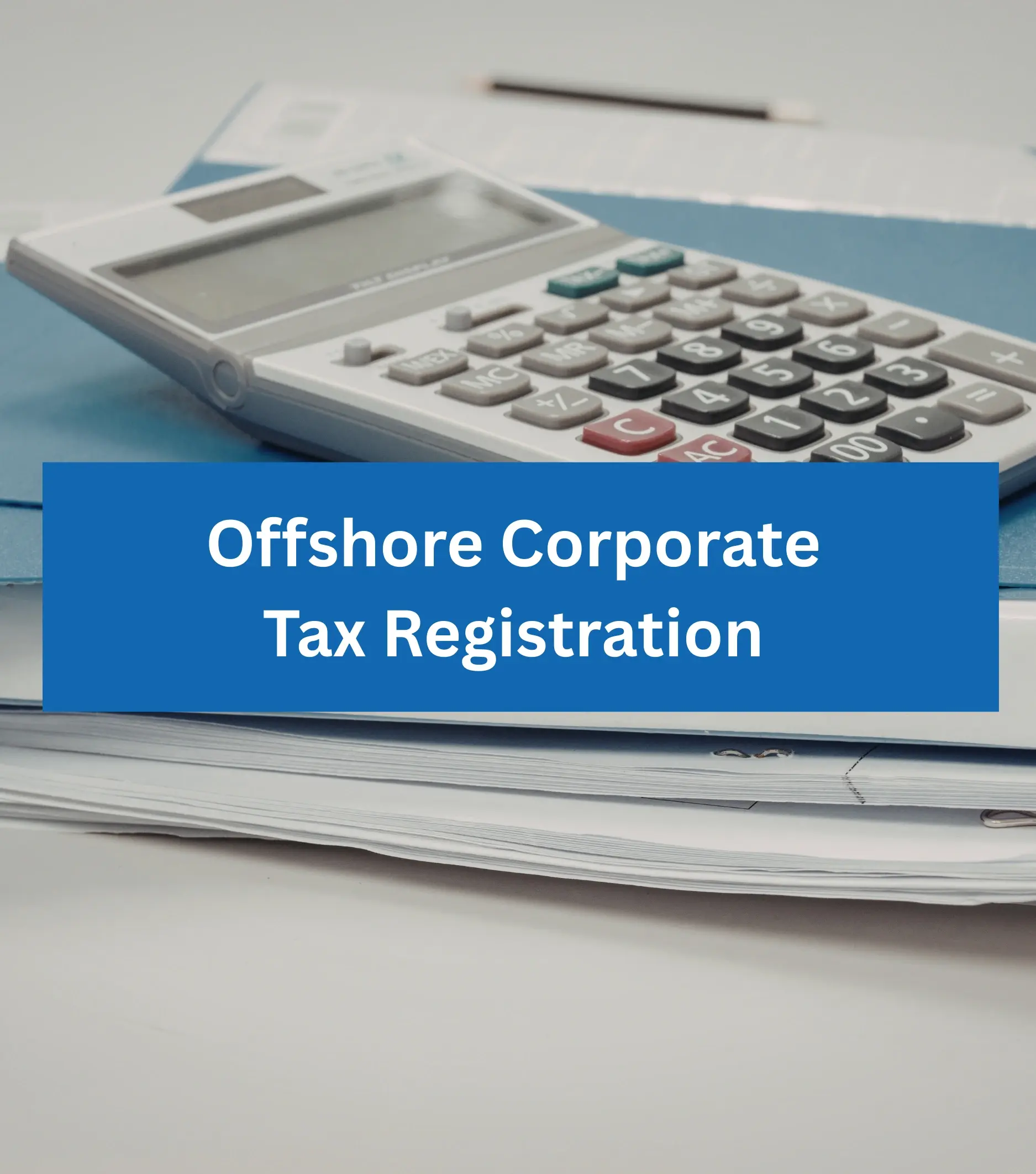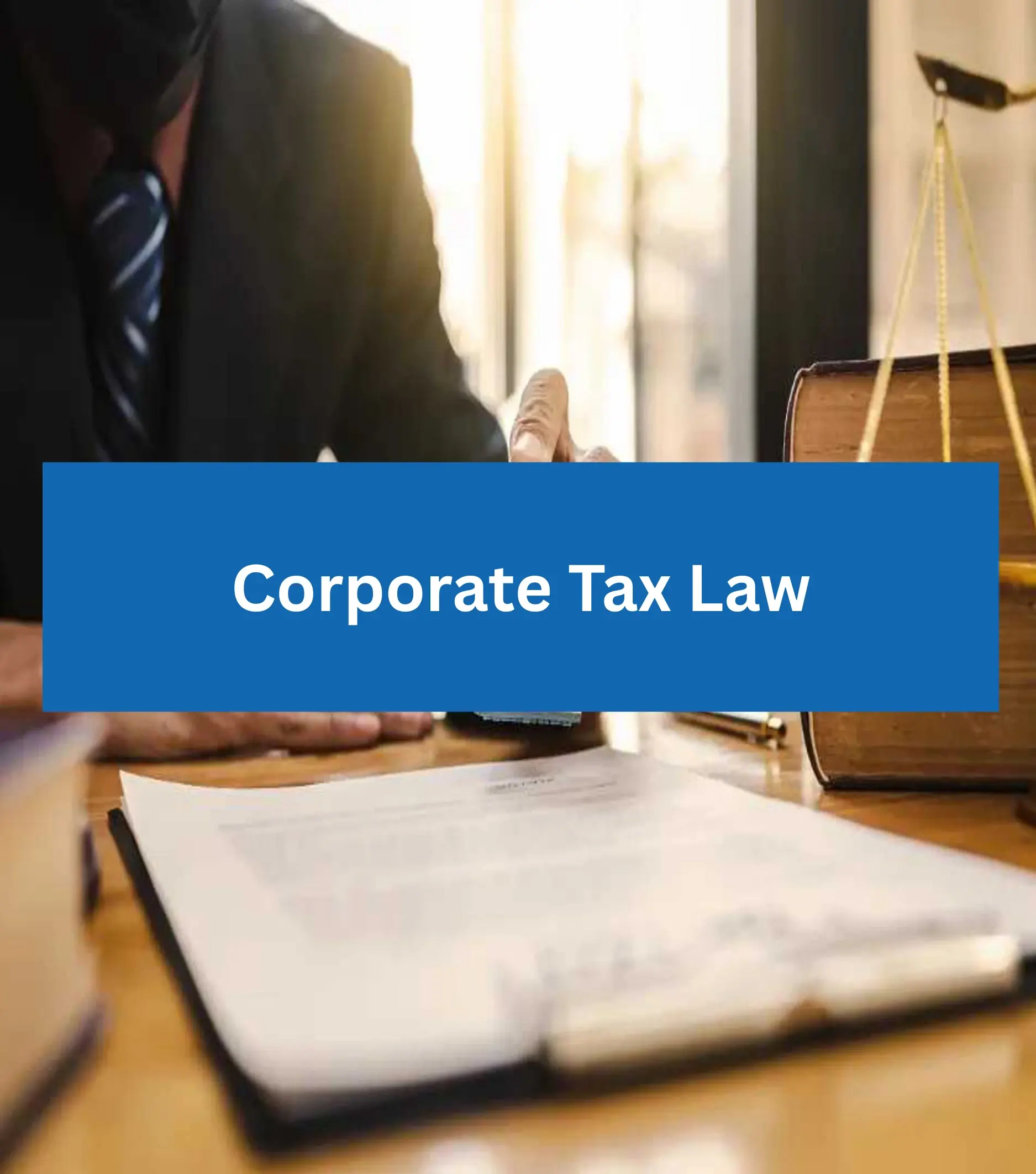The long-awaited Corporate Tax Federal Decree-Law No. 47 of 2022 on the Taxation of Corporations and Businesses was released by the Ministry of Finance (MoF) on December 9, 2022. For accounting periods beginning on or after June 1, 2023, the new corporate tax law will come into effect (Article 69). Below is a detailed summary of the UAE Corporate Tax Federal Decree Law (FTA).
All taxable persons (juridical and natural) must register for UAE Corporate Tax and obtain a Corporate Tax Registration Number; in certain circumstances the Federal Tax Authority may also require certain exempt persons to register. The taxable person is required to keep all supporting records and paperwork for seven years from the end of the tax period. Taxpayers are entitled to submit the financial statements used to determine their income for a particular tax period upon request from the FTA. Resident persons are subject to Corporate Tax on their taxable income derived from inside and outside the UAE; non-resident persons are subject to Corporate Tax only on UAE-sourced income, income attributable to a UAE permanent establishment, or income attributable to a UAE nexus as determined by Cabinet decision.
Free Zone Person
For the remainder of the tax incentive period set out in the applicable legislation of the qualifying free zone in which it is registered (Article 18(4)), a qualifying free zone person is subject to 0% corporate tax. A person who meets the following criteria is considered to be a qualifying free zone person:
- Has not opted to be taxed with corporate tax.
- Receives qualifying income following a cabinet decision
- Complies with transfer pricing documentation and the arm's length principle
- Maintains sufficient substance in the UAE
Resident Person
Any natural or legal person, as well as a person residing in a free zone, is considered a resident.
- Incorporated, formed, or authorized in the UAE; or
- Effectively controlled and managed in the UAE; or
- Operating a business in the UAE
Non-Resident Person
A Non-Resident Person is any person who is not a Resident Person; a Non-Resident will be subject to UAE Corporate Tax only in respect of: (i) taxable income attributable to a UAE permanent establishment; (ii) State-sourced income; or (iii) taxable income attributable to a UAE nexus as determined by Cabinet.
Unincorporated Partnerships
Unincorporated partnerships are generally not treated as separate Taxable Persons; instead the partners are treated as individual taxable persons. However, partners may apply under Article 16(8) of the Decree-Law for the partnership to be treated as a Taxable Person, and if approved the partnership will be treated as a Taxable Person from the date the Authority determines.
Exempt Income
The following income and associated expenses will not be considered for calculating the taxable income:
- Receiving of dividends and other profit distributions from a legal entity that is a resident person.
- Profit distributions from a Participating Interest in a foreign juridical person as described in Article 23 of this Decree-Law, including dividends.
- Any additional Participating Interest income as described in Article 23 of this DecreeLaw.
- Income from a foreign permanent establishment that satisfies the requirements of Article 24 of this Decree-Law.
Relief
The following reliefs are available under the business tax law when determining taxable income:
- Small business relief
A resident taxable person is eligible for small business assistance if his revenue is below the threshold set by the Minister.
- Tax loss relief
To determine the taxable income for subsequent tax periods, a tax loss can be offset against the taxable income of previous periods as provided per the rules of chapter 11.
- Business restructuring relief
Concerning qualified business restructuring exercises between two taxable individuals, gains and losses need not be taken into account for calculating taxable income.
- Transfers within a qualifying group
When two taxable persons restructure a business, gains, and losses need not be taken into account in determining taxable income.
Deductions under UAE corporate tax
- Interest expenditure
A taxable person may deduct interest expenditures up to 30% of its EBITA (Earnings Before Interest, Taxes, Depreciation, and Amortization) for each tax period in which they are incurred.
- Entertainment expenditure
Any expenditure for entertainment, amusement, or leisure incurred during a tax period is eligible for a 50% deduction, subject to exclusions.
- Deductible expenditure
Any non-capital expense incurred entirely and exclusively for the taxable person's business during the tax period in which it is incurred is deductible.
Tax group provision
A resident parent business that controls at least 95% of the share capital of the subsidiary and complies with the conditions in Article 40(1) may apply to form a tax group. This tax group will be considered a single tax person for all matters related to tax and will be defined by the parent company. When it comes to the corporate tax due by the tax group for the tax periods during which they are members, both parent and subsidiary firms are liable.
Corporate tax refund
According to the guidelines of the tax procedures law, a taxable person should submit an application to the authority for a corporate tax refund in the following situations:
- If the withholding tax credit available to a taxable person exceeds the taxable person's corporate tax payable, the withholding tax credit will be available.
- When the authority is otherwise convinced that the taxable person has paid corporate tax above the taxable person's corporate tax payable.
If the authority determines that the taxable person has paid excess corporate tax compared to the taxable person's owing corporate tax.
Conclusion
To know more in detail, it is advisable to seek advice from any leading corporate tax consultants in the UAE, like Reyson Badger. We can provide you with comprehensive assistance to ensure that you are compliant with the UAE corporate tax laws. Moreover, we can provide you with insights on how to maximize the tax benefits available to your business and stay updated on the latest tax regulations.
 The Federal Tax Authority (FTA) has announced that businesses must complete Corporate Tax registration within 90 days from the Date of Incorporation / MOA.
The Federal Tax Authority (FTA) has announced that businesses must complete Corporate Tax registration within 90 days from the Date of Incorporation / MOA.
